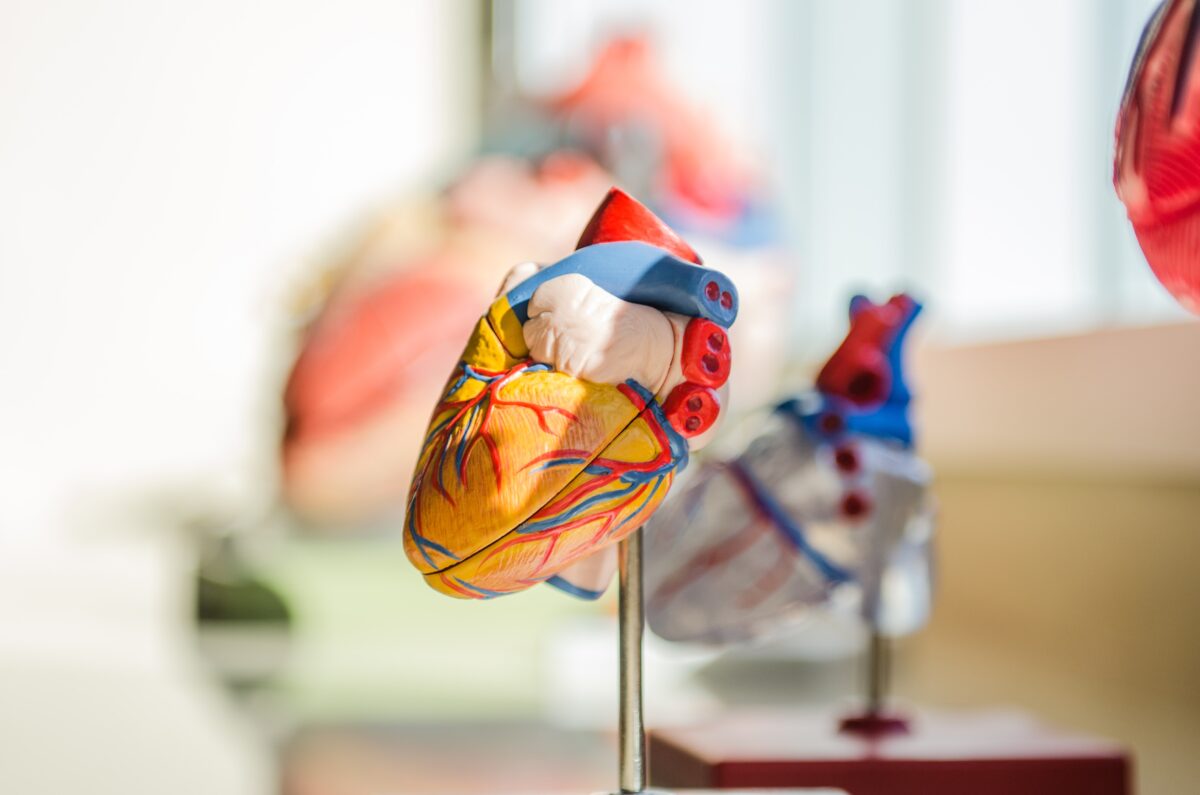Cardiac arrest is a medical emergency that happens when the heart suddenly stops beating, which leads to a loss of blood flow to the brain and other organs. Knowing what sudden cardiac arrest is, its causes, symptoms, and prevention measures can make a huge difference in saving lives.
What is Sudden Cardiac Arrest?
It is the sudden loss of heart function, generally due to a disturbance in the heartbeats. During sudden cardiac arrest, the heart’s electrical system fails to work, causing irregular heart rhythm. Changes in heart rhythm stops the heart from pumping blood, leading to a sudden collapse and loss of consciousness.
It is often mixed up with a heart attack, but they both are clearly different from each other. A heart attack results from a blocked artery that restricts blood flow to the heart muscle.
Causes of Sudden Cardiac Arrest
It can happen to anyone, regardless of age, gender, or underlying heart conditions. Some common causes include:
- Heart Disease: People with a history of heart disease, including coronary artery disease and heart failure, are at a higher risk.
- Family History: A family history of SCA or certain genetic conditions can increase the risk.
- Smoking: Smoking is the main cause of heart disease.
- High Blood Pressure: It is a major risk factor for heart problems, including SCA.
- Diabetes: Poorly managed diabetes can damage the heart’s blood vessels and increase the chances of SCA.
- Lifestyle Factors: Obesity, physical inactivity, and a poor diet rich in fats and cholesterol can raise the risk.
- Drug Use: Illicit drug use, especially like cocaine, can trigger SCA.

Symptoms
The most concerning fact about sudden cardiac arrest is that it generally strikes with no warning signs. It’s important to note that it can even happen to a healthy looking person, without any prior symptoms. However, some people might have warning symptoms such as:
- Sudden loss of consciousness
- Abnormal breathing
- Irregular pulse
- Sudden collapse
Quick and efficient response increases the chances of survival and reduces the risk of brain damage.

Prevention
To avoid such conditions one must follow a healthy lifestyle and identify risk factors. Here are some essential measures:
- Regular Exercise: Exercise regularly to maintain a healthy weight and keep your heart healthy.
- Healthy Diet: Eat a balanced diet which includes fruits, vegetables, whole grains, and proteins. Also, try avoiding saturated fats and sodium.
- Avoid Smoking: Quit smoking to decrease the risk of heart disease.
- Manage Stress: Manage your stress level by practising meditation and deep breathing.
- Regular Check-ups: Visit your doctor regularly to monitor and manage heart-related risk factors like high blood pressure and diabetes.
- Education and Training: Learn CPR to be prepared in case of an emergency.
CPR (Cardiopulmonary Resuscitation)
Perform CPR if the person isn’t breathing. Push hard and fast on the person’s chest, aiming for 100 to 120 compression per minute. If you’re not trained, stick to chest compressions, ensuring the chest rises fully between each compression.

In conclusion, Sudden cardiac arrest is a serious health issue that can affect anyone at any time. Understanding the risk factors, symptoms, and the importance of quick action can save many lives. By taking precautionary steps to maintain heart health and being prepared to respond to emergencies, people and communities can work together to reduce the deadly impact of cardiac arrest.



